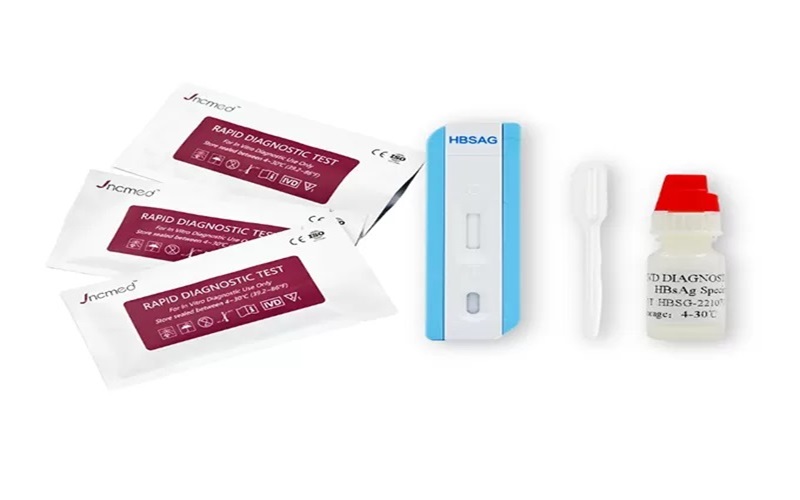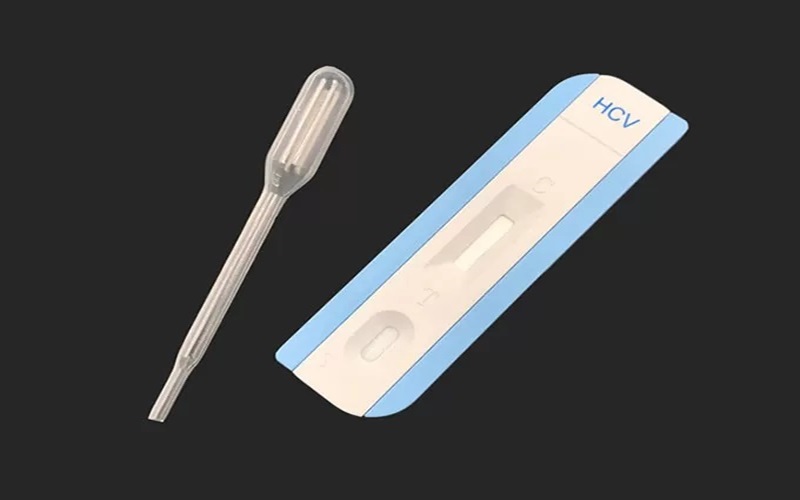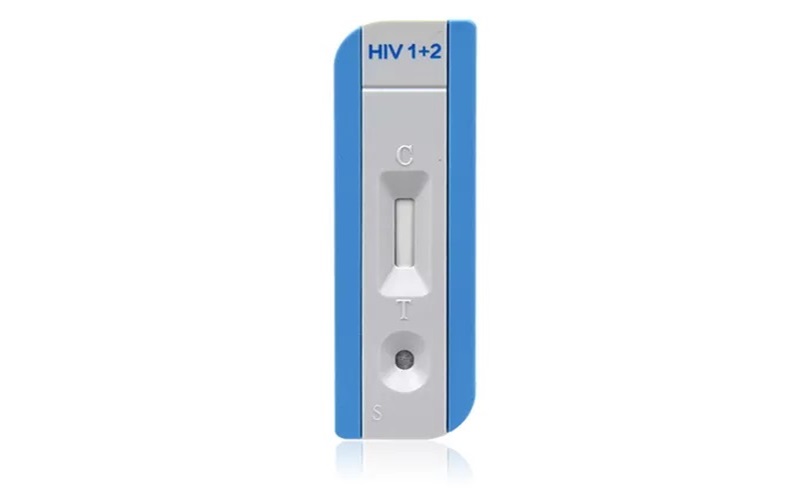The accuracy of in vitro diagnostic reagents is mainly guaranteed by strict production processes, quality control and calibration. Manufacturers must follow good manufacturing practices (GMP), use high-quality raw materials, and conduct multiple quality tests during the production process. At the same time, products must undergo rigorous clinical trial verification, and regular calibration and quality assessment must be performed to ensure the accuracy and reliability of test results.
Products
- Medical Dressings and Bandaging Products
- Medical Waste Disposal Products
- In Vitro Diagnostic Reagents
- Respiratory Products
- Urology Products
- Infusion Products
- Operating Room Infection Control Products
- Commercial Medical Consumables
- Anesthesia Products
- First Aid Products
- Personal Care Products
- Rehabilitation Products
- Home Medical Equipment
- Animal Test Kits
- Animal Infusion Products
- Animal Diagnostic Equipment
- Animal Medical Consumables
What are you looking for?












